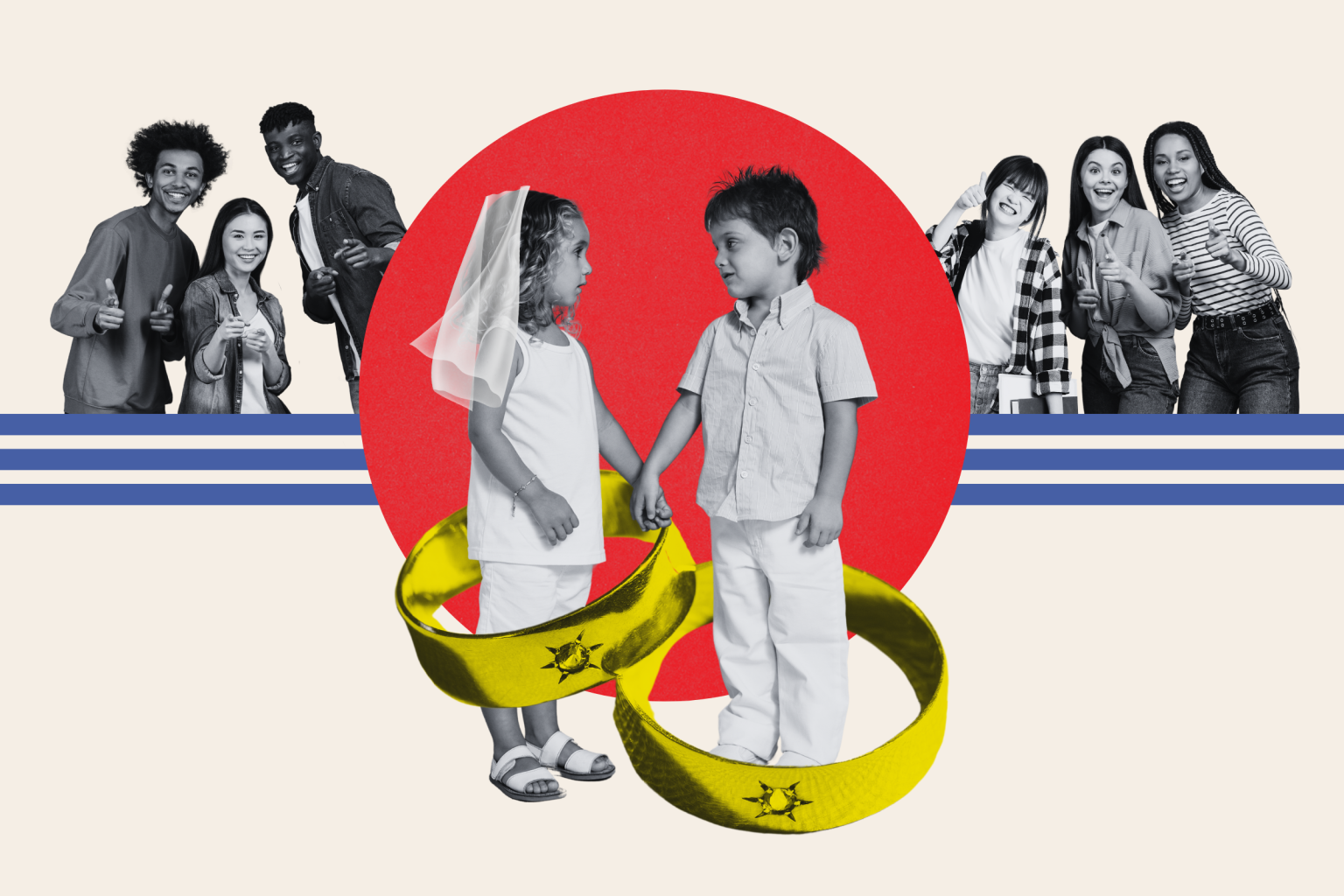Gen Z has shown support for child marriage, with 44 percent in favor of it according to a recent Newsweek poll, in contrast to only 17 percent of baby boomers. This support is surprising to some, as child marriage is recognized as a human rights violation by the United Nations. HR consultant Bryan Driscoll expressed concern over this lack of awareness among Gen Z regarding the severe consequences of child marriage, such as interrupted education, increased health risks, poverty, and domestic violence. Despite these risks, many states in the U.S. do not enforce a minimum age requirement for marriage, leaving children vulnerable to exploitation and abuse.
In states where child marriage rates are high, laws banning child marriage have faced opposition, with some arguing that it infringes on personal freedoms. Republicans in West Virginia pushed back against a law banning child marriage, stating that exceptions should be made for 16- and 17-year-olds with parental consent. Currently, only 12 states outright ban child marriage under age 18, contributing to the overall prevalence of the practice in the U.S. Gen Z’s opposition to child marriage bans may stem from a Libertarian or anti-government intervention stance, as young people often champion defending individual rights.
The ACLU and Planned Parenthood have opposed child marriage bans, citing concerns about limits on children’s autonomy and potential restrictions on minors’ ability to access reproductive health services. Martha Bailey, a law professor, explained that the organizations believe some youth can make decisions about marriage for themselves and that restrictions on children’s activities are generally protective. Children are not typically fighting for the right to marry, as it is largely driven by adults seeking to maintain the practice. Bailey emphasized the importance of recognizing children’s legal rights and responsibilities, even as certain activities are restricted to adults.
Overall, the conversation around child marriage in the U.S. reveals generational differences in attitudes towards the practice, with Gen Z showing more support compared to older generations. The lack of awareness among young people about the consequences of child marriage, as well as the broader debate around individual rights versus protection of minors, highlights the need for continued education and advocacy on the issue. Efforts to ban child marriage and protect children from exploitation and abuse remain crucial in ensuring their well-being and future opportunities.


